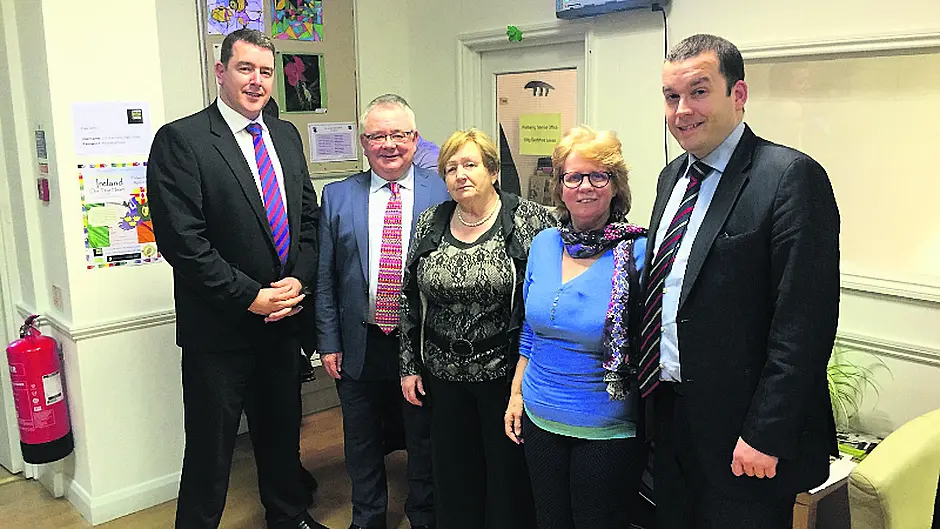A ‘lightbulb moment’ for former the Labour TD, Michael McCarthy, led to the gathering of more than 10,000 books and other publications for the London Irish Centre.
A ‘LIGHTBULB moment’ for former the Labour TD, Michael McCarthy, led to the gathering of more than 10,000 books and other publications for the London Irish Centre.
A campaign to open a library at the Camden centre began in earnest when the former deputy wrote to every TD in Dáil Éireann and asked them to donate a book.
‘They all responded, but the appeal quickly broadened out and newspaper publications the length and breadth of the country got involved and lent it their support,’ Michael told The Southern Star.
‘It gathered even more momentum when the libraries here in Ireland became involved and then RTÉ kindly donated CDs and other recordings that would be of relevance and interest to Irish people living in London.
‘Other publications – popular reads like Ireland’s Own and The Farmers’ Journal – readily agreed to supply the centre with their editions and it went on and on from there,’ said Michael.
As the chairman of the Government’s Joint Committee on Environment, Culture and the Gaeltacht – which oversaw part of the project – Michael McCarthy said: ‘Over 10,000 books, 1,000 recordings and free subscriptions to over 30 Irish newspapers and magazines were finally gathered.’
Michael paid tribute to An Post, which stepped up to the mark, and transported the books and publications to the centre free of charge. And he said he, personally, was ‘delighted’ to have been among the guests who attended the official opening in London recently.
The new Irish Library and Resource Centre is housed in Camden at the London Irish Centre, which has come back into Irish community use (after being rented out) for the first time in ten years.
Michael said: ‘I am delighted by the fact that this is the first major revitalisation of the Camden landmark in a long-term attempt to make the centre a part of the daily, or weekly, lives of local Irish people.’
The centre’s management had been trying to broaden the centre’s appeal and reach beyond just the elderly Irish, with whom it had become ‘over-identified’ in the public mind. Now with ten thousand books and specialist publications available at the newly-created centre, it will have widespread appeal.
The London Irish Centre also offers cultural events and welfare advice and receives £500,000 a year towards its costs from Ireland’s Department of Foreign Affairs and Trade’s Emigrant Support Programme.
It has been estimated that 65% of the people using the centre are under the age of 50 and that about 20% of the 13,000 people that the centre helped last year were newly arrived, young people in their 20s and 30s.
Michael said the centre would continue to work with a number of Irish organisations in London to get the most out of the new facility, and to make it ‘an enduring resource for Irish people of all ages.’







